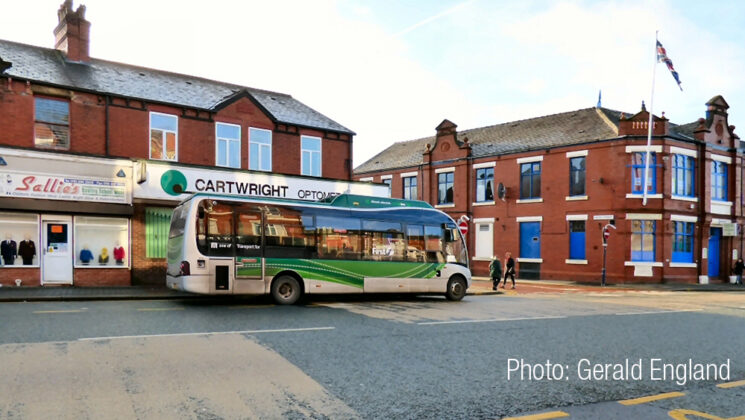In publishing its national bus strategy for England, the government has “finally acknowledged that its bus deregulation policy has been a failure,” UNISON said today.
The union also believes that the £3 billion promised by Westminster to fund the strategy may not be enough for the long term – and won’t replace what has been lost in the decades since deregulation.
UNISON will fight to maintain its transport members’ level of pay and terms and conditions as the plans unfold.
According to the government, the strategy will lead to the creation of hundreds of miles of new bus lanes, fares with daily price caps and more evening and weekend services. The Department for Transport said it expected local authorities and bus operators to work together to deliver bus services so frequent that passengers could just “turn up and go”.
However, Donna Rowe-Merriman, UNISON’s national secretary for business, community and environment, had a different view.
“The national bus strategy is a vain attempt to address the failures that have taken place since deregulation of bus services in the 1980s, which has seen many communities excluded from accessing bus services,” she said.
“The proposals specifically exclude the best solution, which would be to allow local authorities to work together to operate their own services.
“While the national bus strategy talks about major funding, there appears to be little new money being provided,” Ms Rowe-Merriman added. “And what is available does not replace what has been removed from bus services.”
UNISON also noted that:
- there remain concerns over how some of the proposals will be delivered, such as integrated ticketing across transport modes;
- there are no costings in the document. Cheaper fares do increase patronage but depress revenue – the MyTicket scheme on Merseyside has resulted in operators going bust;
- while there are options for neighbouring authorities to combine their transport functions, the question remains as to how well equipped they currently are to meet the challenges;
- there are some areas where government guidelines are still to be published.
Labour’s shadow bus minister Sam Tarry said the proposals offered “nothing for those who were looking for a bold vision to reverse the millions of miles of bus routes lost across the country.”
The unsung key workers: UNISON members keeping bus stations open and water in our homes





